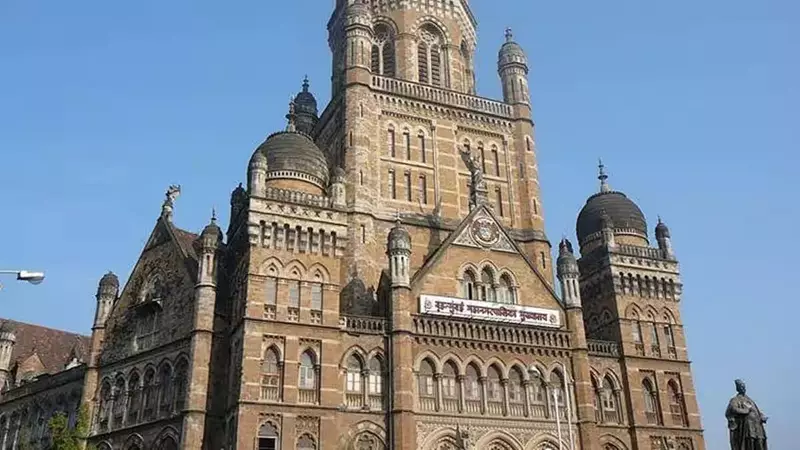
Mumbai's notorious traffic congestion is set to receive a significant relief as the Brihanmumbai Municipal Corporation (BMC) has given the green light to an innovative cable-stayed flyover project that will seamlessly connect Byculla's Y-Bridge to the iconic JJ Flyover.
Revolutionizing Mumbai's Commute
The ambitious project, approved during a recent BMC meeting, represents a major leap forward in urban infrastructure development for India's financial capital. This isn't just another flyover—it's a state-of-the-art cable-stayed structure designed to address one of the city's most persistent traffic bottlenecks.
Strategic Connectivity Solution
The new flyover will create a direct link between two critical points in Mumbai's road network:
- Byculla's Y-Bridge, a crucial junction connecting multiple areas
- The historic JJ Flyover, serving as a gateway to South Mumbai
This strategic connection is expected to dramatically reduce travel time for thousands of daily commuters who currently face frustrating delays in this corridor. The cable-stayed design not only offers structural efficiency but also adds to the city's architectural landscape.
Technical Excellence and Urban Planning
What makes this project particularly noteworthy is the engineering approach. Cable-stayed bridges represent modern bridge technology, offering several advantages over conventional flyover designs:
- Fewer support pillars required, minimizing ground-level disruption
- Enhanced structural stability and longevity
- Aesthetic appeal that complements urban architecture
- Faster construction timeline compared to traditional methods
Addressing Mumbai's Growing Traffic Concerns
With Mumbai's vehicle population growing exponentially each year, the city's infrastructure has been under tremendous strain. This project comes as a timely intervention that demonstrates the municipal corporation's commitment to finding innovative solutions to urban mobility challenges.
The flyover is expected to not only ease current traffic pressure but also accommodate future growth in vehicle numbers, making it a forward-thinking investment in Mumbai's transportation ecosystem.
What This Means for Mumbaikars
For the average Mumbaikar, this development translates to:
- Reduced commute times between key areas
- Less fuel consumption and lower vehicle emissions
- Improved accessibility to commercial and business districts
- Enhanced road safety with modern infrastructure
The BMC's approval marks a crucial step toward transforming Mumbai's transportation network, promising a smoother, more efficient travel experience for the city's millions of residents and visitors.





